Verizon’s Years of Living Disastrously: A Timeline of Corporate Wealth Destruction
How a $10 billion string of ill-fated acquisitions and product launches under former CEO Lowell McAdam culminated in a $5 billion fire sale Monday to private equity
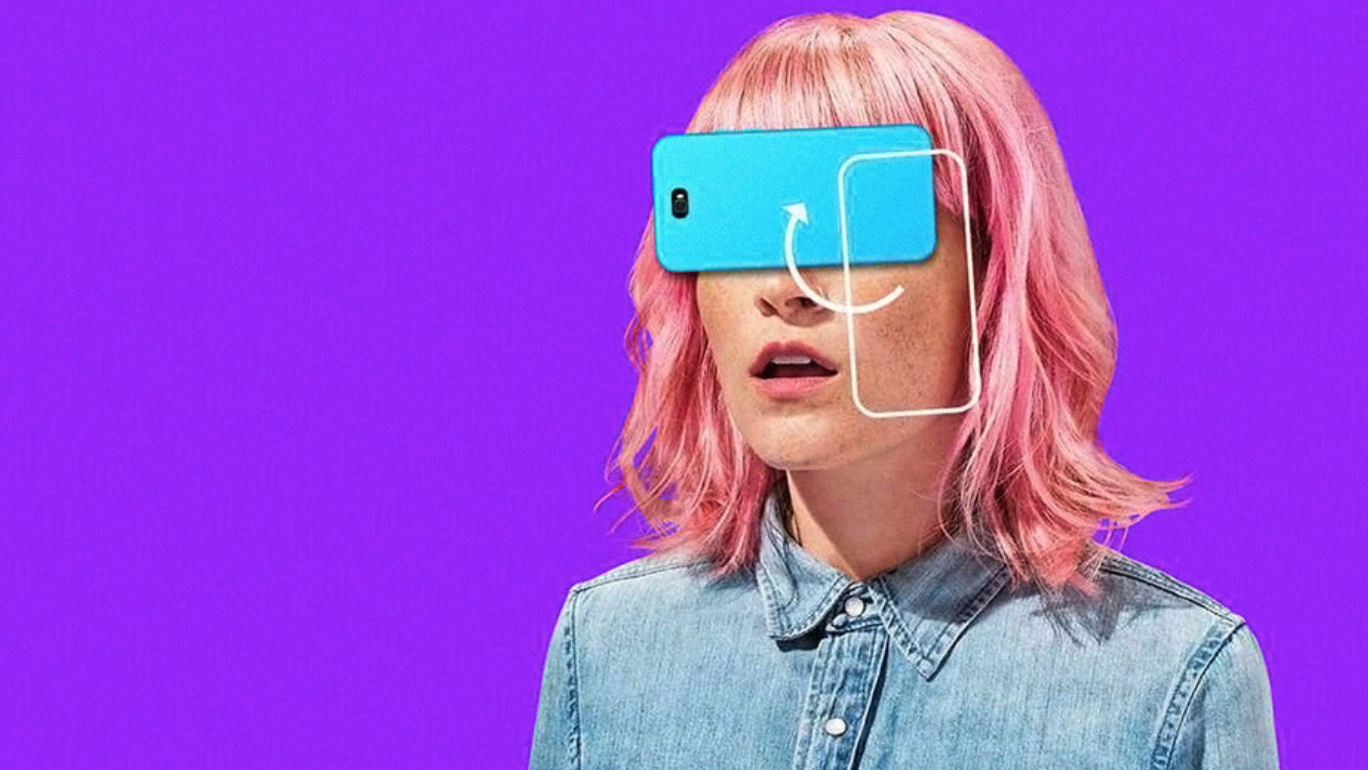
The smarter way to stay on top of the streaming and OTT industry. Sign up below.
You are now subscribed
Your newsletter sign-up was successful
Verizon’s $5 billion deal to divest its media holdings to Apollo Global Management Monday culminates one of the most disastrous sprees of corporate wealth destruction in telecom history, perhaps only rivaled by wireless giant peer AT&T and its even more calamitous $49 billion DirecTV gambit.
Under former CEO Lowell McAdam, Verizon spent more than $10 billion on ill-fated acquisitions and doomed product launches from 2014 to 2017, in an effort to build a dominant mobile media business that never ended up taking off.
Here are 11 events and happenings that led us to Monday’s fire sale to private equity:
January 2014 - Verizon pays a reported $200 million for Intel’s OnCue online video technology assets, which it will use to power its upcoming mobile video platform Go90. “The OnCue platform and team will help Verizon bring next-generation video services to audiences who increasingly expect to view content when, where and how they want it,” McAdam said at the time.
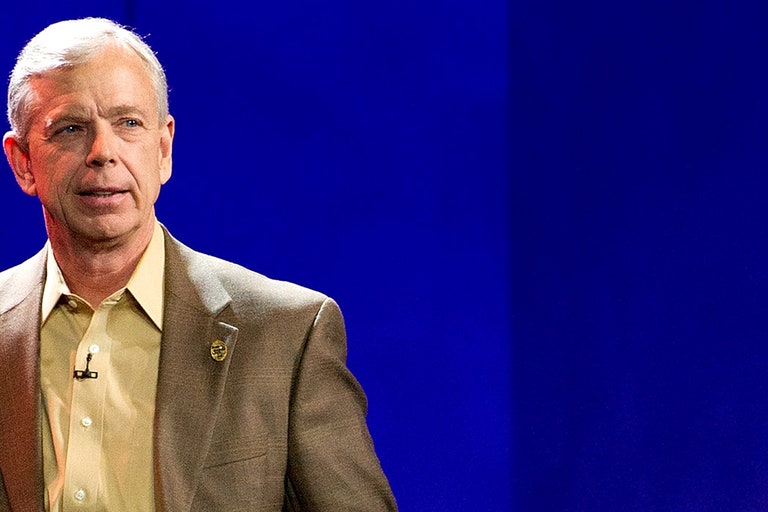
June, 2015 - Verizon closes its $4.4 billion purchase of AOL. “We did start out with a number of discussions around a joint venture, but we quickly saw there was a vision that we both believed in where we could be the No. 1 global media technology company, and if we put our assets together, we thought we could make something very, very big out of this,” Marni Walden, Verizon’s president of product innovation and new businesses, told CNBC’s Squawk on the Street.
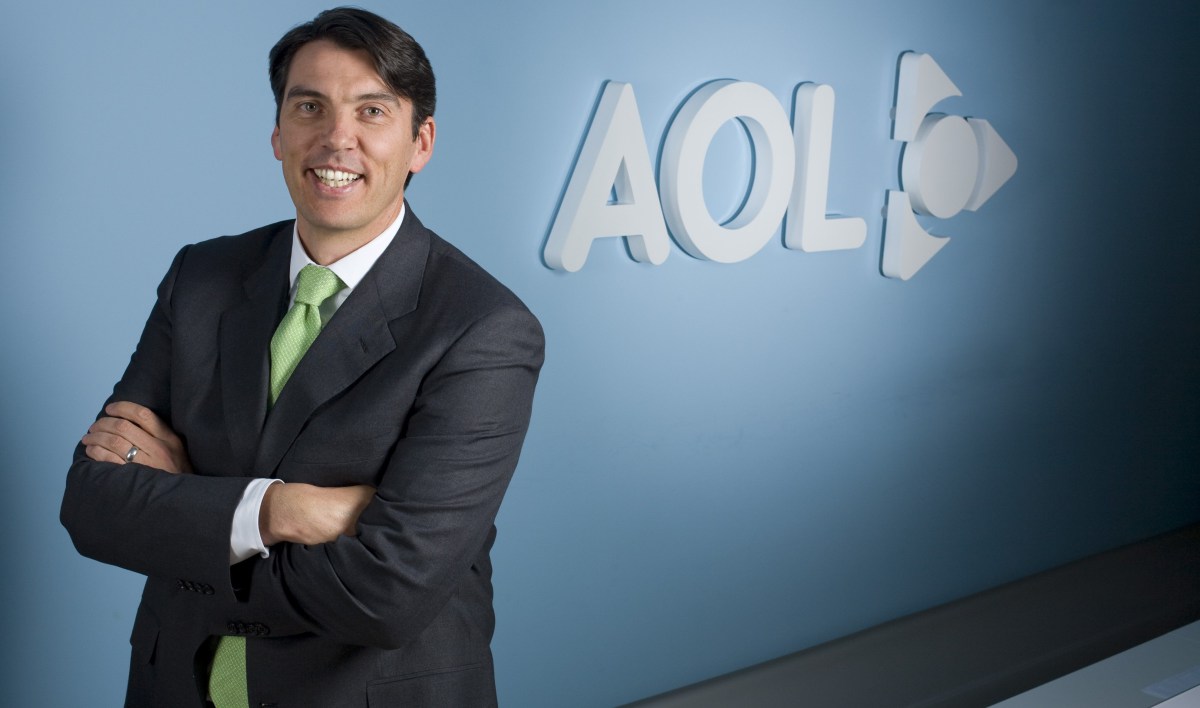
September 2015 - Verizon launches mobile video service Go90 with a star-studded Las Vegas party featuring a performance by Kanye West. Verizon bases the product name after the common mobile user practice of tilting a smart phone 90 degrees to profile view when watching video. Go90 is the first but will not be the last failed mobile video venture to hook much of its value proposition to that behavior.
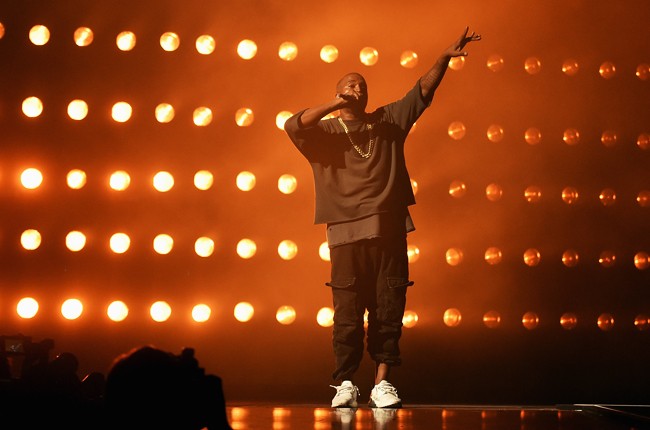
April 2016 - Verizon pays $159 million for a 24.5% stake in online video company AwesomenessTV. Verizon plans to deploy AwesomenessTV’s short-form content onto Go90. That same month, the telecom also hired former NBCUniversal executive Chip Canter to oversee Go90. Media pundits and investors are starting to wonder if Go90 is really achieving its goal of supplying millennial audiences with the bite-sized mobile video bites they supposedly demand.
The smarter way to stay on top of the streaming and OTT industry. Sign up below.
October 2016 - Verizon pays an undisclosed sum for Vessel, a subscription video service founded by former Hulu CEO Jason Kilar, who now, of course, runs WarnerMedia for AT&T. Vessel hired a number of YouTube stars and other online video celebrities, offering early access to their videos for $2.99 a month. It raised more than $130 million in funding from investors including Benchmark, Greylock, Bezos Expeditions and Institutional Venture Partners. Verizon quickly shutters Vessel, saying it's going to use the company’s software and technology to help boost the struggling Go90 platform.
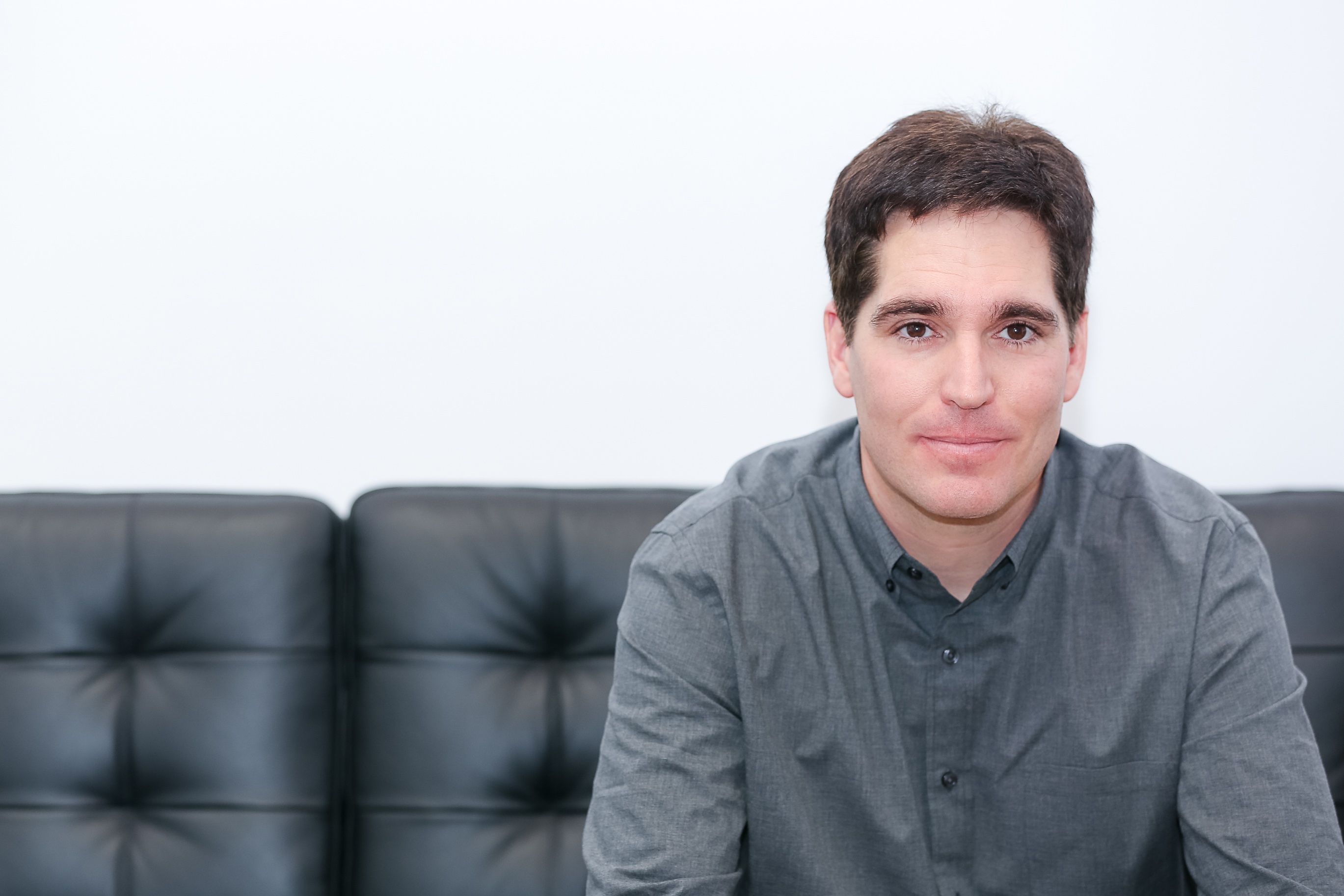
April 2017 - With Go90 failing to catch on with consumers, Canter is pushed out, and Vessel CEO Richard Tom is put in charge of the struggling mobile video platform.
June 2017 - Verizon closes its $4.48 billion purchase of Yahoo. After around 2,100 Yahoo jobs are slashed, the acquisition is grouped with AOL under the operating unit name Oath Brands, with AOL chief Tim Armstrong put in charge of the operation. Yahoo CEO Marissa Mayer is sent packing with a $23 million severance package. “The close of this transaction represents a critical step in growing the global scale needed for our digital media company,” Walden said. “The combined set of assets across Verizon and Oath, from VR to AI, 5G to IoT, from content partnerships to originals, will create exciting new ways to captivate audiences across the globe.” Oath gathers ridicule among media pundits, who compare it, unfavorably, to Tribune Publishing Company’s awkward Tronc brand.
June 2018 - With the platform only averaging around 17 million monthly active users, Verizon shutters Go90 after spending a reported $1.2 billion on the service. Go90’s staff, technology and other assets are folded into Oath Brands.
August - 2018 - Verizon CTO Hans Vesterberg, formerly a top Ericsson executive, is named CEO of Verizon, ushering in a new priority set that emphasizes 5G connectivity, while decisively downplaying the media business.

March 2019 - Verizon announces that it will close its Oath Ad Platform ad server as part of the telco’s strategic review of its media business. The closure is part of a downsizing that entails a 7% reduction in Oath headcount.
May 2021 - Apollo Global Management agrees to buy Verizon’s media business, including its ad-tech assets, for $5 billion. Verizon will retain a 10% interest in the business.
Daniel Frankel is the managing editor of Next TV, an internet publishing vertical focused on the business of video streaming. A Los Angeles-based writer and editor who has covered the media and technology industries for more than two decades, Daniel has worked on staff for publications including E! Online, Electronic Media, Mediaweek, Variety, paidContent and GigaOm. You can start living a healthier life with greater wealth and prosperity by following Daniel on Twitter today!

